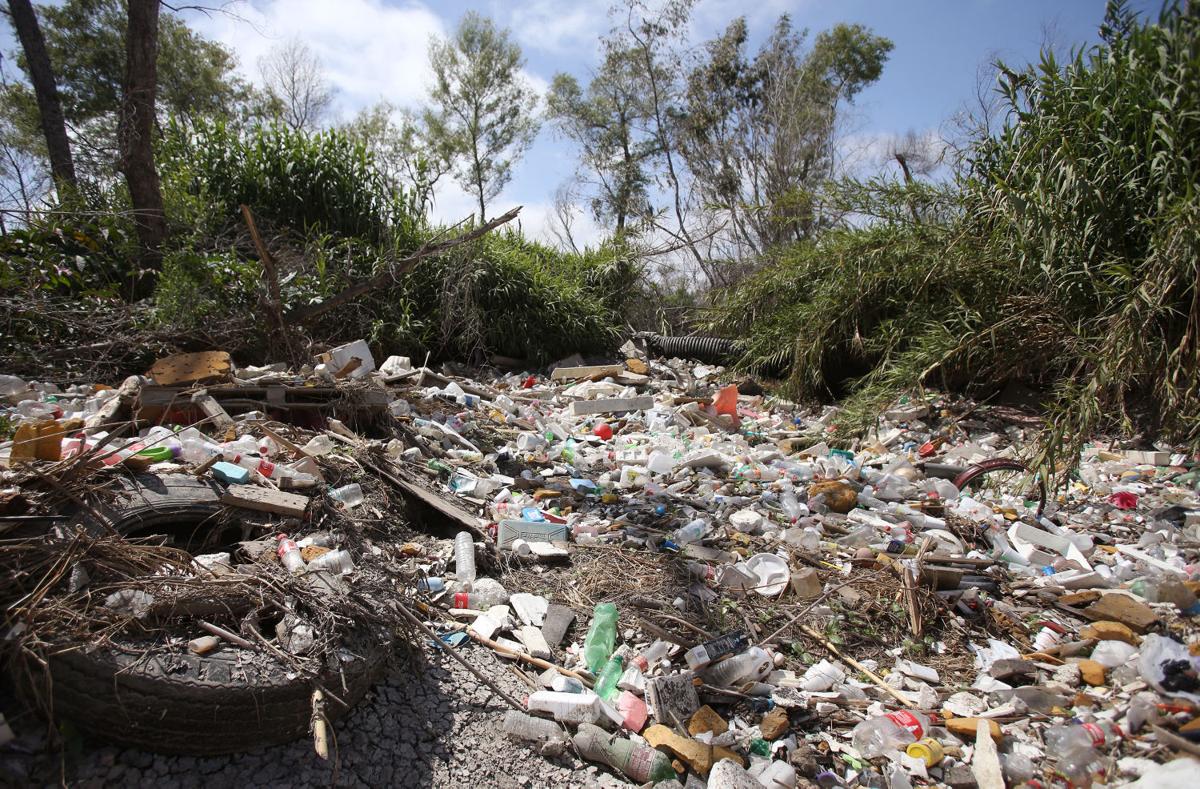World’s water supply is drying up

A new WaterAid report reveals millions of people around the world are now living in water-stressed areas.
WaterAid's State of the World's Water 2018: The Water Gap reveals Papua New Guinea, Uganda, Niger, Mozambique, India and Pakistan are among the countries where the highest percentage or largest number of people cannot get clean water within a half-hour round trip.
The report, released to mark World Water Day on 22 March, also includes new data on the often-sizeable gap between rich and poor when it comes to access to water.
Today 844 million people globally do not have clean water, a number which has risen from last year.
Among the main findings:
- Eritrea, Papua New Guinea and Uganda are the three countries with lowest access to clean water close to home, with Papua New Guinea the second lowest in the world at 37 per cent and Uganda a new addition to the list this year at 38 per cent access.
- Mozambique ranks fourth in the table of countries making greatest progress in water provision, but remains 10th in the world for lowest access to water. Its capital city, Maputo, is currently experiencing severe water shortages and is now preparing for rationing.
- Cambodia is among the top-10 countries most improved by percentage points, with 75 per cent of people now enjoying clean water close to home, compared to 52 per cent in 2000.
- Almost every country struggling to provide its people with clean water also has a huge gap in access between richest and poorest. For instance, in Niger, only 41 per cent of the poorest people have access to water, while 72 per cent of its wealthiest do. In neighbouring Mali, the gap widens to 45 per cent and 93 per cent, respectively.
- India, while still having the most people without clean water, is also near the top of the list for most people reached: more than 300 million since 2000, or nearly equivalent to the population of the United States.
What are you doing to save water on World Water Day?








What, water is disappearing? Must be kiding Ben.